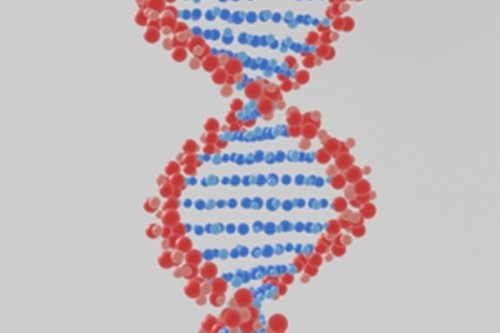Scientists unravel how early life experiences reshape our genes, brain health

Toronto, Jan 1 (IANS) A team of researchers has provided crucial insights into how early-life experiences become biologically embedded, affecting long-term health outcomes by reshaping our genes and brain health.
In a comprehensive Genomic Press Interview published in the journal Genomic Psychiatry, renowned neuroscientist Dr Michael Meaney from McGill University in Canada revealed pivotal discoveries about the intricate relationship between genes and environment in shaping brain health.
"I have always been genuinely fascinated by the search for the developmental origins of individual differences in brain development and function," said Dr Meaney, whose work has earned him election to the American Academy of Arts and Sciences and the Order of Canada.
Dr Meaney's research journey began with a simple question: what makes individuals different from one another?
This curiosity led him to groundbreaking discoveries in epigenetics -- the study of how environmental factors can influence gene expression without changing DNA sequences.
"We too readily embrace narratives and technology that appeal to the general public, achieve headlines, and attract venture capital, but are far too simplistic to capture the complex reality of brain health truly," observed Dr Meaney.
The findings raise intriguing questions about how society might better support child development: How can we translate these scientific insights into practical interventions? What role do different types of early experiences play in shaping resilience?
The Genomic Press interview is part of a larger series that highlights the people behind today’s most influential scientific ideas. Each interview in the series offers a blend of cutting-edge research and personal reflections, providing readers with a comprehensive view of the scientists shaping the future.
This format provides an ideal starting point for profiles that delve into the scientist’s impact on the field, while also touching on broader human themes, said study authors.

|

|

